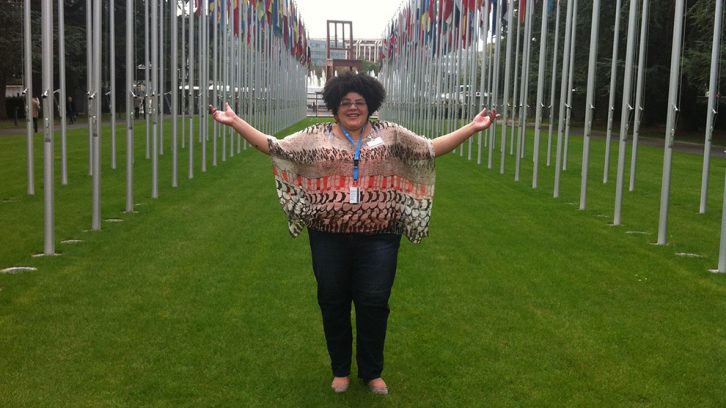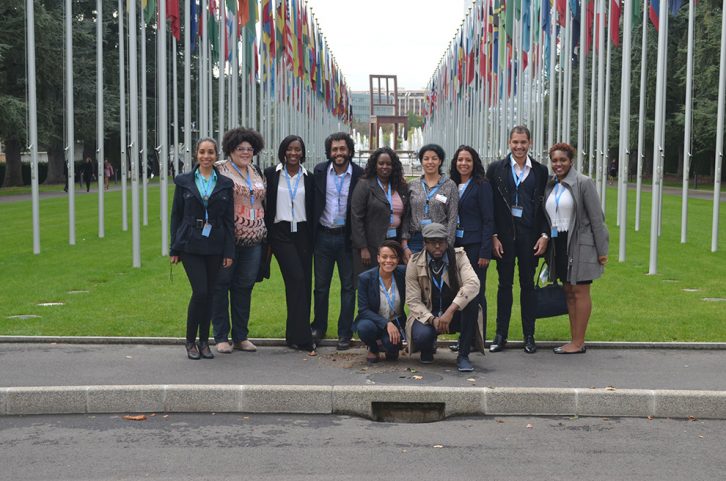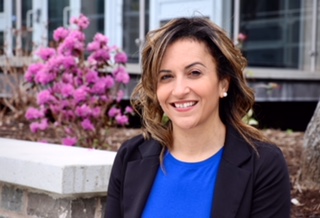Community
Forum to address issues in the African-Nova Scotian community
Decade for People of African Descent to hold first retreat next month

caption
Vanessa Fells at the United Nations in Geneva.
caption
Vanessa Fells in 2015 at the United Nations in Geneva.Inspired by a United Nations proclamation, Vanessa Fells is part of a movement to unite a group of African Nova-Scotian organizations to better serve the community.
Fells and other members of the black community helped form the Decade for People of African Descent, which is holding a two-day retreat next month. DPAD consists of black justice, health and education non-profit organizations that tackle issues facing African-Nova Scotians, such as street checks and land title claims.
Fells, who’s also the program and outreach co-ordinator for the Black Loyalist Society, says DPAD is a collective representing people from around the province.
“If someone had an issue or a question in terms of health, they can come to the coalition,” says Fells. “We have health experts and can help in terms of what you need to do, how to talk to government and how to move those issues forward to create change.” Related stories

caption
Vanessa Fells in 2015 at the UN with other black delegates from around the world.The idea for DPAD started taking shape in 2015, when Fells was in Geneva on a UN human rights fellowship. Around that time, the UN proclaimed that 2015-2024 would be a decade of economic and social strength for peoples of African descent. When she returned to Canada, Fells and members of the black community met with a UN working group and started DPAD in 2016.
Recently DPAD has been helping to support families in historically black communities obtain land titles. Many residents are living on land past down through their family without a title certificate.
Angela Simmonds, a lawyer and community advocate, works with the DPAD. She has been helping families with land title issues in North and East Preston. Simmonds believes that many of the issues faced by the African-Nova Scotian community are systemic.

caption
Angela Simmonds, lawyer and community advocate for land titling.“The fact there’s such anti-black racism here in Nova Scotia, that it’s recognized, that there are discriminatory policies and practices in place that are still impacting African-Nova Scotians, so a better relationship (with the government) means that we can address and conquer these issues,” says Simmonds.
Wayne Hamilton, executive director of African-Nova Scotian Affairs, says his office is not directly involved in DPAD, but supports their efforts.
“We see this as a really good opportunity, so that government can have another relationship built on what the community is identifying as their issues or concerns,” says Hamilton.
The two-day conference will take place on March 2 and 3 at the Nova Scotia Archives. The meeting will be an opportunity for African-Nova Scotians to give input on what issues are most important, and how they will move forward.
Fells says DPAD isn’t just about organizations, individual people can join and membership is free. She wants DPAD to have a strong and united voice going forward.
“As we say, we are stronger together than we are apart,” she says.

